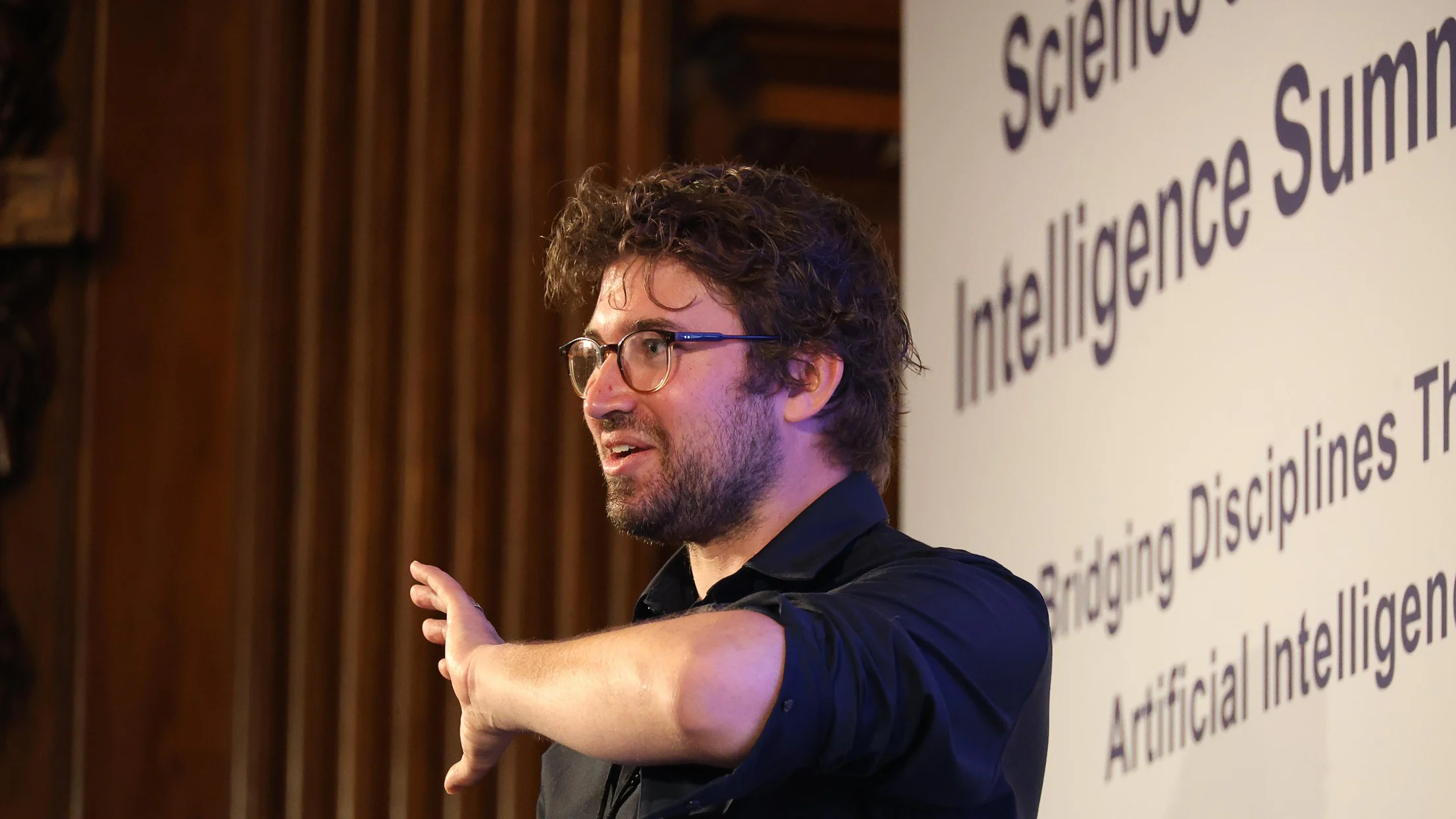AI-Augmented Chemical Science through Language Models. The Laboratory of Artificial Chemical Intelligence (LIAC) is advancing how we discover and design molecules and materials by combining artificial intelligence (AI) with chemistry.

For pioneering the integration of artificial intelligence into chemistry and creating transformative tools that accelerate molecular discovery, optimize synthesis, and inspire new approaches to drug development and materials science. His groundbreaking contributions — from the “Molecular Transformer” to the autonomous AI agent “ChemCrow” — are redefining how scientists design, predict, and carry out chemical research.
The Laboratory of Artificial Chemical Intelligence (LIAC) is advancing how we discover and design molecules and materials by combining artificial intelligence (AI) with chemistry. The flagship achievement, ChemCrow, is one of the world’s first chemistry agents that understands natural language and can plan and execute complex chemistry tasks. This breakthrough has inspired companies and influenced global policy discussions on AI in science.
Beyond automating chemical research, they are tackling chemistry’s fundamental challenges: ensuring that designed molecules can actually be synthesized, optimizing materials under real-world constraints, and making AI guidance trustworthy for experimentalists. Their algorithms have discovered previously unknown copper nanocrystal shapes, designed molecules from regional waste materials, and they created frameworks that enable chemists to discuss synthesis routes in natural language – making AI a valuable partner in the laboratory.
LIAC’s impact extends from academic publications to practical applications, with open-source tools used by researchers worldwide. This transformation wouldn’t be possible without the diverse team of over twenty members representing more than fifteen nationalities. The diversity in people and ideas drives their innovation – this award belongs to the entire team whose collective expertise spans chemistry, computer science, and engineering. LIAC’s ultimate goal: democratizing access to advanced AI for chemistry so researchers worldwide can tackle urgent challenges from climate change to global health.
Author: Research Office
Source: Institute of chemical sciences and engineering